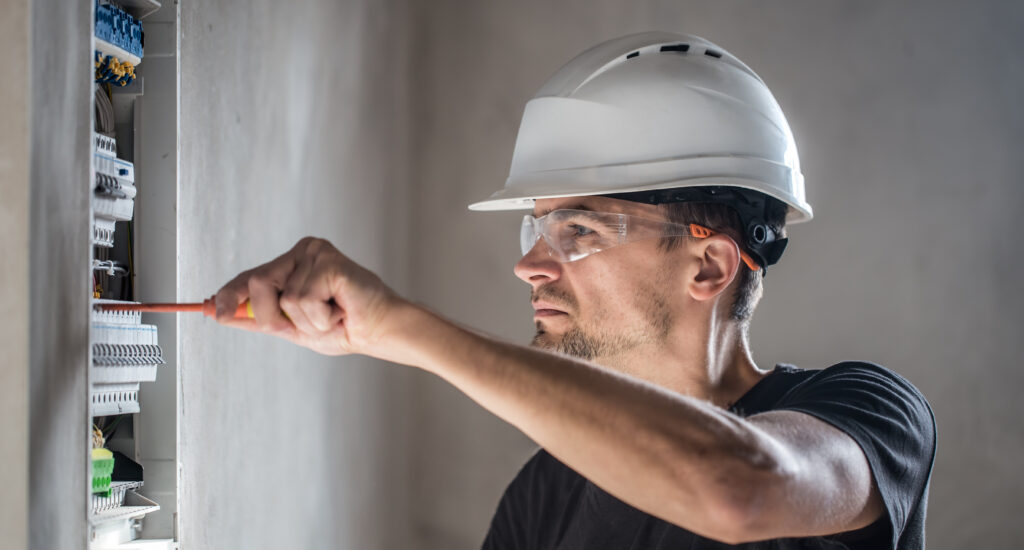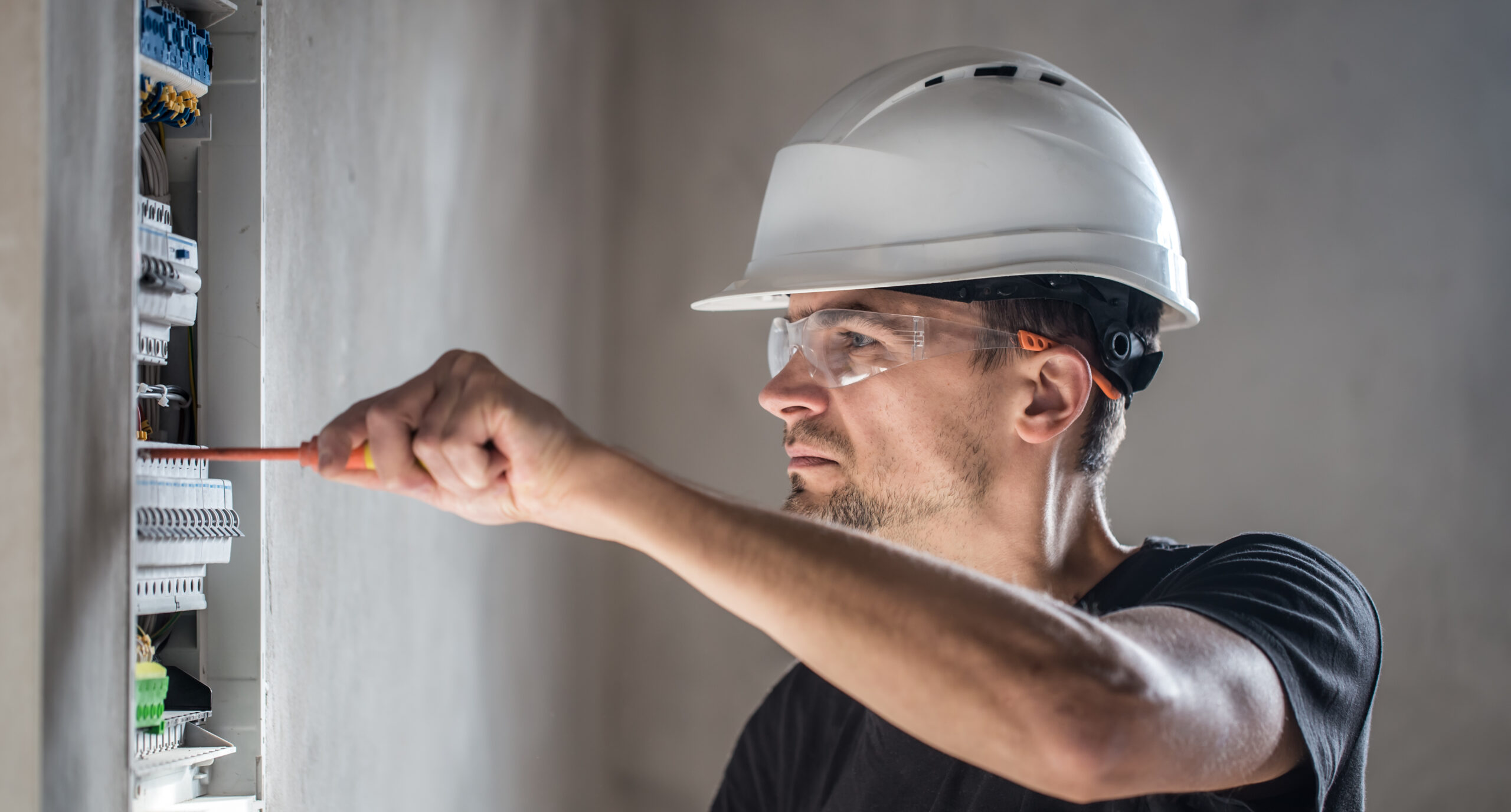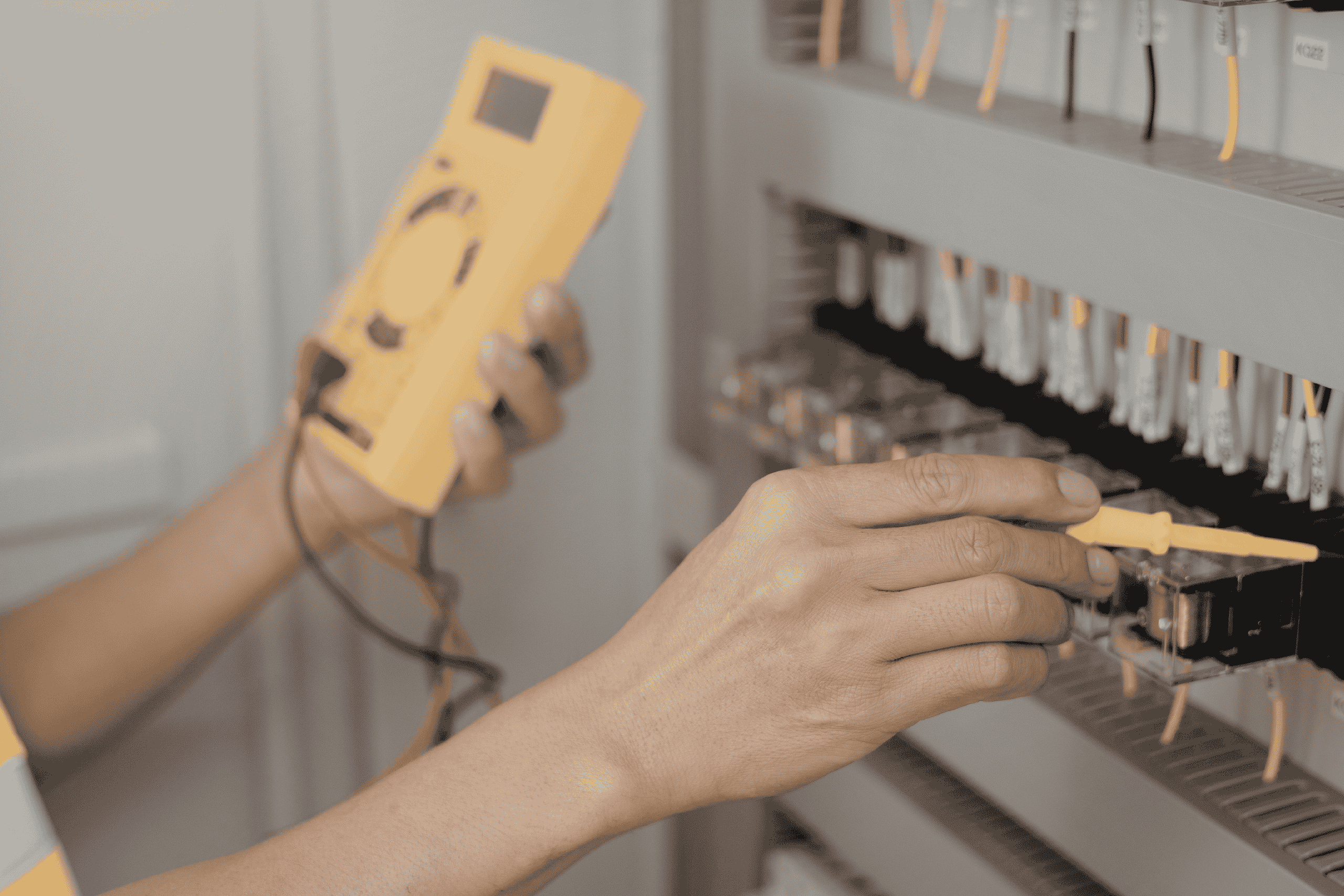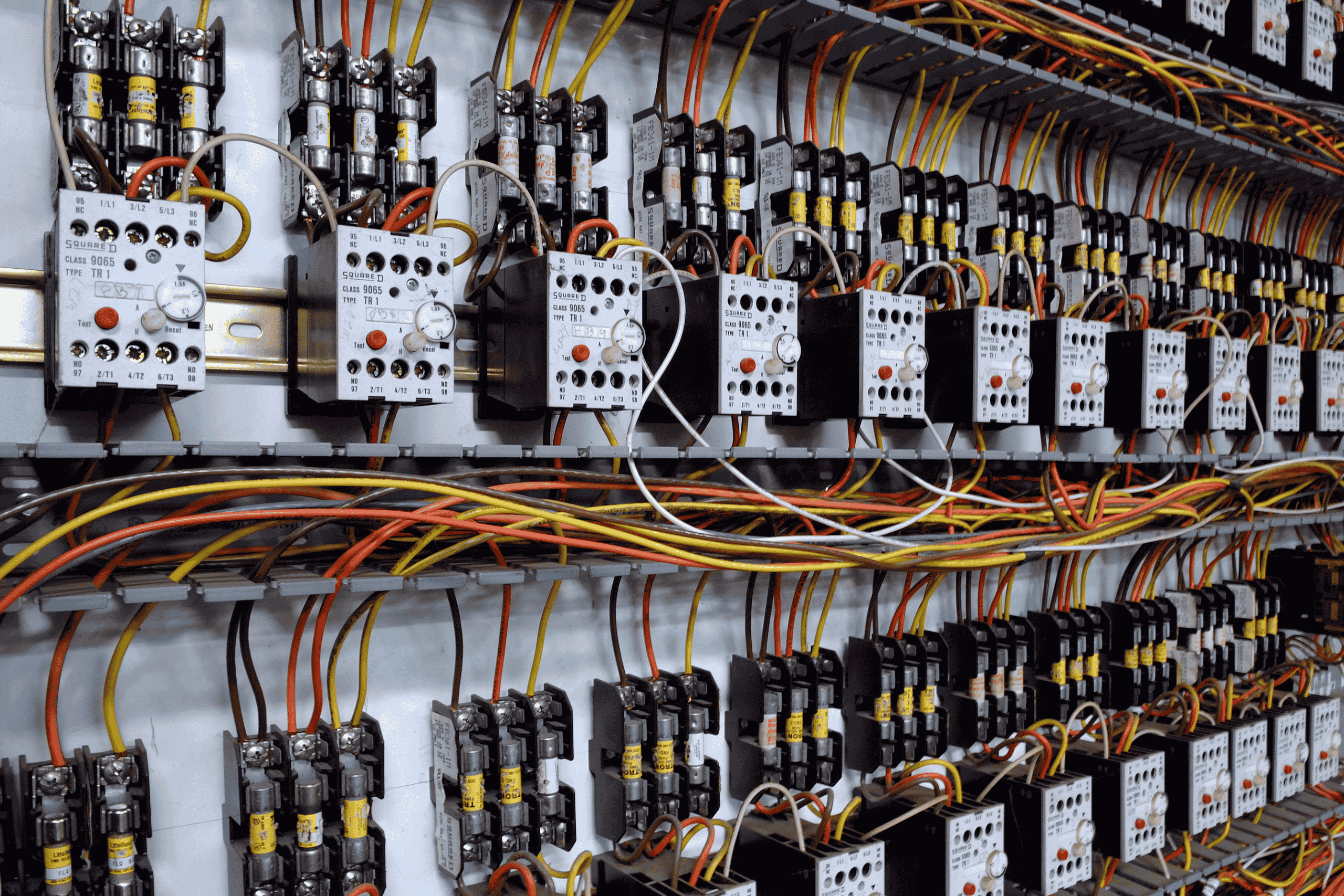Preparing for an electrical inspection can be a bit overwhelming, but it’s an essential step to ensure your home’s safety and compliance with electrical codes. Knowing how to prepare your home for an electrical inspection can save you time, money, and stress. In this post, we’ll walk you through the necessary steps to make the process as smooth as possible. Follow these Electrical Safety Tips for Homeowners.
Understand the Purpose of the Inspection
Before you start preparing, it’s crucial to understand the purpose of the inspection. An electrical inspection ensures that your home’s electrical system is safe and up to code. Inspectors check wiring, outlets, circuit breakers, and other components to identify any issues that need attention.Check All Outlets and Switches
One of the first steps in preparing your home for an electrical inspection is to check all outlets and switches. Make sure they are functioning correctly and free of any damage. Look for:- Loose or faulty outlets
- Broken switches
- Burn marks or discoloration
Ensure Proper Labeling of the Electrical Panel
Your electrical panel should be clearly labeled to indicate which breakers control which circuits. This makes it easier for the inspector to verify that everything is correctly wired and functioning. If the labels are missing or unclear, take the time to update them.Clear Access to Electrical Components
Inspectors need easy access to your electrical panel, outlets, switches, and other components. Ensure that these areas are free of clutter and obstacles. For example, move furniture or boxes that might block access to outlets or the electrical panel.Inspect Grounding and Bonding
Grounding and bonding are crucial for electrical safety. Make sure that all grounding wires are properly connected and that any metal pipes or conduits are bonded to the electrical system. If you’re unsure about your system’s grounding, consider hiring a professional to assess it before the inspection.Test Smoke Detectors and GFCIs
Smoke detectors and Ground Fault Circuit Interrupters (GFCIs) are essential safety devices in your home. Test all smoke detectors to ensure they are working correctly. Similarly, test your GFCIs by pressing the “test” button and ensuring they trip properly. If any devices are malfunctioning, replace them before the inspection.Secure All Wiring
Loose or exposed wiring is a common issue that can fail an electrical inspection. Walk through your home and check for any visible wiring. Ensure all wires are properly secured, either within the walls or using appropriate conduit.Consider Professional Help
If you’re not confident in your ability to prepare your home for an electrical inspection, consider hiring a licensed electrician. A professional can identify potential issues and make necessary repairs, increasing the likelihood of passing the inspection. For expert assistance, you can rely on Caliber Electric to help prepare your home.External Resource
For more detailed information on electrical inspections and safety standards, visit the National Electrical Contractors Association (NECA).Final Checklist
Before the inspector arrives, double-check everything. Ensure all outlets and switches are functional, the electrical panel is accessible, and all wiring is secure. By knowing how to prepare your home for an electrical inspection, you’ll make the process easier and increase your chances of a successful outcome. Electrical Safety Tips for Homeowners






